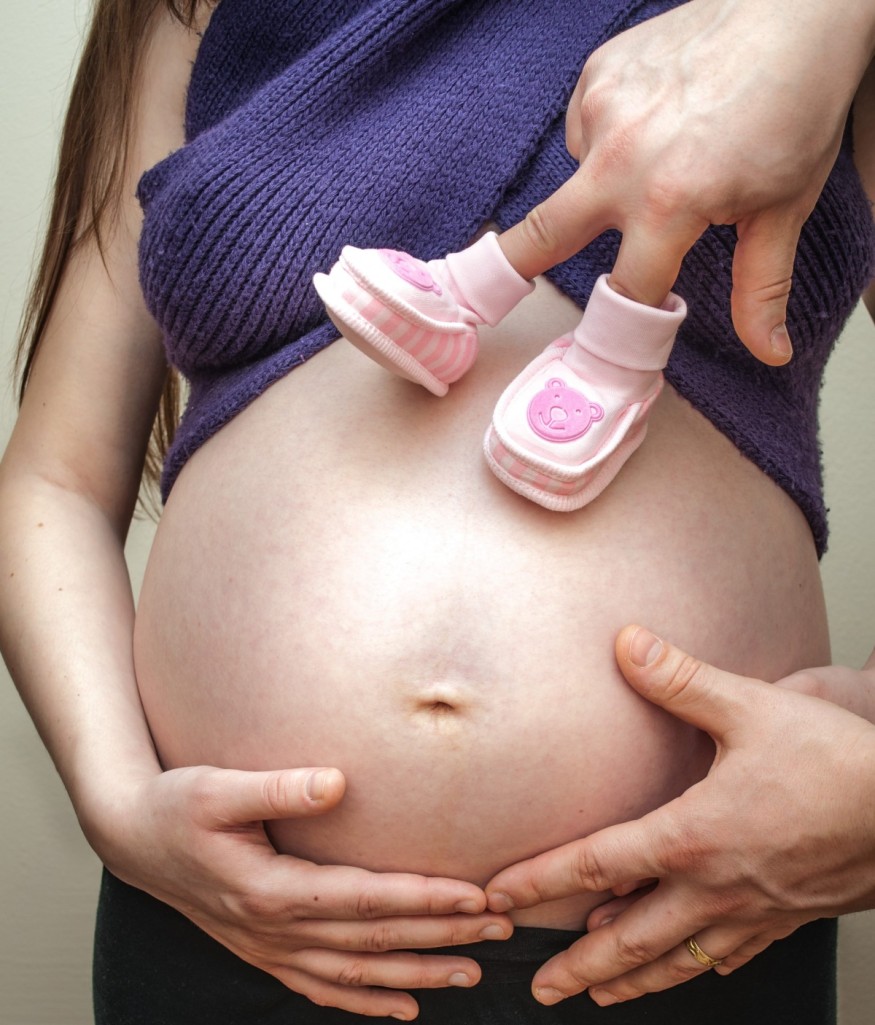
The Global Warming could increase the number of premature births, researchers claimed.
According to the study published in the journal Nature Climate Change, about 25,000 babies in the United States between 1969 to 1988 were born at least two weeks earlier, resulting in 150,000 gestational days lost annually. And all of them happened during hot weather.
The scientists still could not explain the correlation between hot weather and early delivery, but they have suspected that it has something to do with the oxytocin, the key hormone that is present during labor and delivery.
Previous studies on animals claimed that a mother produces more oxytocin when suffering from heat stress.
But the cardiovascular stress during warmer days might also be the link, said Alan Barreca, from the Institute of the Environment and Sustainability, University of California-Los Angeles.
Possible Complications?
While seeing the baby earlier than expected might sound exciting, the scientists said that it is a matter that should be taken seriously.
Previous studies claimed that being born prematurely will increase the risk of developing diseases like asthma that will lead to early hospitalization. A baby might also suffer from developmental delays. According to Barreca, it will also have lasting impact on adulthood.
Other long-term risks claimed by Mayo Clinic include Cerebral palsy, vision and hearing problems, learning disabilities and sudden infant death syndrome (SIDS).
Global Warming
Barreca's team has found out that an increased birth rate happened when the temperature was around 32.2 Celsius. And as global warming worsens, the researchers had predicted that more than one in every 100 births will be linked to the weather,
Barreca feared the potential impacts of it. The number might be small but that will occur more than getting into a car accident, he also added.
He also said that although installing an air conditioning system will provide protection for pregnant women during hot weathers, it is costly and energy-heavy. It will also cause a financial burden on less-privileged families.
However, Andrew Shennan, a professor of Obstetrics at King's College London who is not involved in the study, pointed out that although the link of extreme temperature to premature delivery has been observed, the cause is still unknown.
He also reminded that there are wide varieties of temperature around the world yet many women have a normal pregnancy so this is "unlikely to be an important risk factor for any individual".
Scientists have predicted that the Earth's global average temperature could increase up to three degrees Celsius at the end of the 21st century. Aside from more early delivery, researchers have warned for higher sea levels that can displace millions of coastal residents and affect food security.
Last month, about 11,000 scientists pleaded the public and the world leaders to take action on the climate situation before it is too late. Existing technologies cannot fix the extensive damage we are now experiencing.
ALSO READ: The Economic and Humanitarian Catastrophe than Sea Level Experts Has Warned About
© 2025 NatureWorldNews.com All rights reserved. Do not reproduce without permission.




